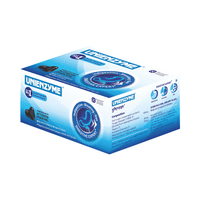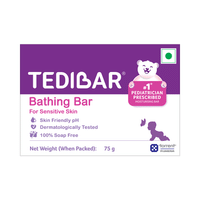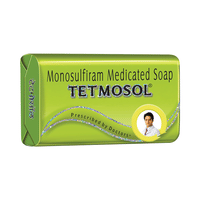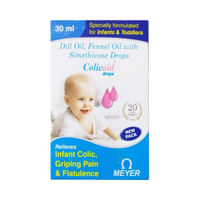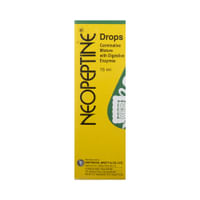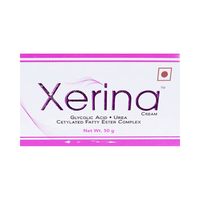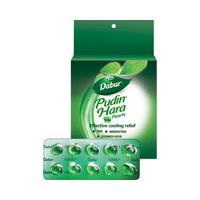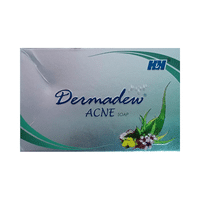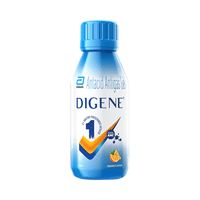food interaction for Secef Syrup
alcohol interaction for Secef Syrup
pregnancy interaction for Secef Syrup
lactation interaction for Secef Syrup
food
alcohol
pregnancy
lactation
Secef Syrup may be taken with or without food.
None
None
CAUTION
Consuming alcohol with Secef Syrup does not usually cause any harmful side effects.
SAFE
Secef Syrup is generally considered safe to use during pregnancy. Animal studies do not indicate harmful effects. However, there are limited human studies.
SAFE IF PRESCRIBED
Available human data suggest that the drug does not pass into breast milk in clinically significant amounts and is unlikely to harm the infant.
Avoid prolonged use of Secef Syrup, since it may have possible effects such as rash and diarrhea.
Avoid prolonged use of Secef Syrup, since it may have possible effects such as rash and diarrhea.
SAFE IF PRESCRIBED
SALT INFORMATION FOR Secef 50mg/5ml Syrup
Cefixime(50mg/5ml)
Secef syrup uses
{med_name} is used in the treatment of bacterial infections.
How secef syrup works
Secef Syrup is an antibiotic. It works by preventing the formation of the bacterial protective covering (cell wall) which is essential for the survival of the bacteria. By doing so, this medicine stops the infection-causing bacteria from growing further and prevents the infection from spreading without making them resistant to further treatment.
Common side effects of secef syrup
Abdominal pain, Allergy, Nausea, Stomach pain, Indigestion, Diarrhea, Flatulence
SUBSTITUTES FOR Secef Syrup
22 Substitutes
22 Substitutes
Sorted By
 Rs. 40.50save 15% more per ml of Syrup
Rs. 40.50save 15% more per ml of Syrup Rs. 46.88same price
Rs. 46.88same price Rs. 34.89save 25% more per ml of Syrup
Rs. 34.89save 25% more per ml of Syrup Rs. 48.75pay 4% more per ml of Syrup
Rs. 48.75pay 4% more per ml of Syrup Rs. 50.63pay 6% more per ml of Syrup
Rs. 50.63pay 6% more per ml of Syrup
Expert advice FOR Secef Syrup
- Your child must complete the entire course of antibiotics. Stopping too soon may cause the bacteria to multiply again, become resistant, or cause another infection.
- Give this medicine with food to avoid an upset stomach.
- Encourage your child to drink plenty of water in case diarrhea develops as a side effect.
- Conditions like common cold and flu are caused by viruses. Never use this medicine for such conditions.
- Only give Cefixime to your child for their current infection. Never save medicine for future illnesses.
- Stop this medicine and immediately report to your child’s doctor in case your child develops an itchy rash, facial swelling, or breathing difficulties while taking this medicine.
Frequently asked questions FOR Secef 50mg/5ml Syrup
Cefixime
Q. What if I give too much of Secef Syrup by mistake?
An extra dose of Secef Syrup is unlikely to do harm. However, if you think you have given too much of Secef Syrup to your child, immediately speak to a doctor. Overdose may cause unwanted side effects and may even worsen your child’s condition.
Q. Are there any possible serious side effects of Secef Syrup?
Some serious side effects of this medicine include persistent vomiting, kidney damage, allergy, diarrhea, and severe gastrointestinal infections. Always consult your child’s doctor for help in such a situation.
Q. Can other medicines be given at the same time as Secef Syrup?
Secef Syrup can sometimes interact with other medicines or substances. Tell your doctor about any other medicines your child is taking before starting Secef Syrup. Also, check with your child’s doctor before giving any medicine to your child.













